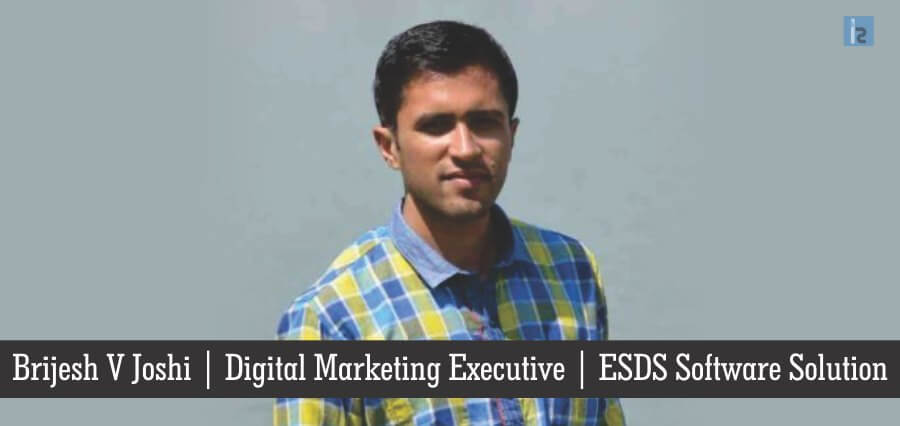What is a Data Center?
A certain premise where an entire organization’s IT operations and equipment are centralized and, where it stores, analyzes and distributes large amounts of data is known as a Data Center (DC). Earlier, the data processing needs were not too high but now-a-days those needs have grown exponentially. Data centers are now essential for daily operations and are important for business continuity. They are reliable to store enormous amounts because of their avant-garde security levels that keep the organization’s data safe at all times. The DC site, which is also known as a Server Farm, is connected to a communication network so that information can be accessed easily and remotely. There are thousands of very small powerful servers running in a data center which can be harboured in a room, a floor or an entire building.
Important components of a Data Center
Power
Power is unarguably the most important factor in a data center. Within the data center, the Colocation equipment and web hosting servers run on a dedicated power source. Every data center needs power backups to make sure their servers are always up and overall service uptime is received.
Cooling
Cooling is just as important as power in a data center. The colocation equipment and web hosting servers need proper cooling so that they don’t heat up and continue to function smoothly. A data center should be designed in such a way where there is proper ventilation and the systems are kept cool at all times.
Network Operations Center
Network Operation Center (NOC) is a room for staff or dedicated personnel appointed to monitor, administrate and maintain the computing resources in a data center. A NOC is able to provide all the information of the data center and gives updates of each and every activity. Person responsible in a NOC is able to see visualizations of network which are being monitored and can be managed.
Safety Measures
You need to have security protocols in place in order to have a secure data center. You need to first figure out the vulnerabilities in your DC premises. Multi-factor ID authentication, surveillance throughout the facility, metal detectors and biometric systems are some of the steps which can be taken to have top level security.
Physical Security
Organizations do employ security guards to protect their data centers 24/7. These guards protect the inside and outside of the data center for enhanced security. Mantraps are generally used for access control. On-site security guards are an essential part of a data center. Some organizations allow these professional guards to carry firearms for higher security.
Redundancy & Reliability
High availability in a data center refers to the components which are continuously working. Systems are maintained from time to time to ensure smooth operations in the future. You can create a failover where you create server and they switch responsibilities to a remote server to have higher levels of redundancy.
Redundant Systems eliminate threat of single point of failure in the IT infrastructure.
Backup Systems include uninterruptible power supply (UPS) and generators. A generator can be programmed to start automatically during power outages. As long as the generators are fueled up, they will continue to run in an outage. UPS systems should also have redundancy built in them so that a failing module won’t affect the entire capacity of the system.
Maintenance of a Data Center
Regular maintenance of the data center ensures optimum reliability by taking precautionary steps to reduce downtime and avoidable failures. Let’s take a look at these 3 steps which will help you maintain your data center in the most effective way:
Safety First
There are numerous problems in a data center which can affect the life and health of the technicians working in it. Technicians should make sure their safety and health is not compromised while working on maintenance tasks and they should be trained before working in such scenarios.
Power Maintenance
Performing maintenance on regular intervals on UPS and batteries reduces the chances of failure whenever there is a power outage. Preventive maintenance will decrease the chances of failures and reduce the amount of energy consumed.
Get a Computerized Maintenance Management Systems (CMMS)
CMMS is a best way to track, measure and improve your maintenance schedule. This software lets the facility manager to track the status of maintenance work for their assets and costs associated with the work in the system. This software will help drive down cost of maintenance and will increase productivity from within.
Conclusion
This blog covers only the basic information which will give you a rough idea about what exactly is a data center and what are the important components in it. To build an efficient data center it is essential to realize your requirements which will support your needs in the future.
About the Author
Brijesh V Joshi is a digital marketing executive at Host. He is also a passionate blogger who loves to pen down his thoughts on cloud computing solutions and various technologies related stuff. When not writing Brijesh spends his time learning about AI, IOT and watching Sci-Fi Movies.


